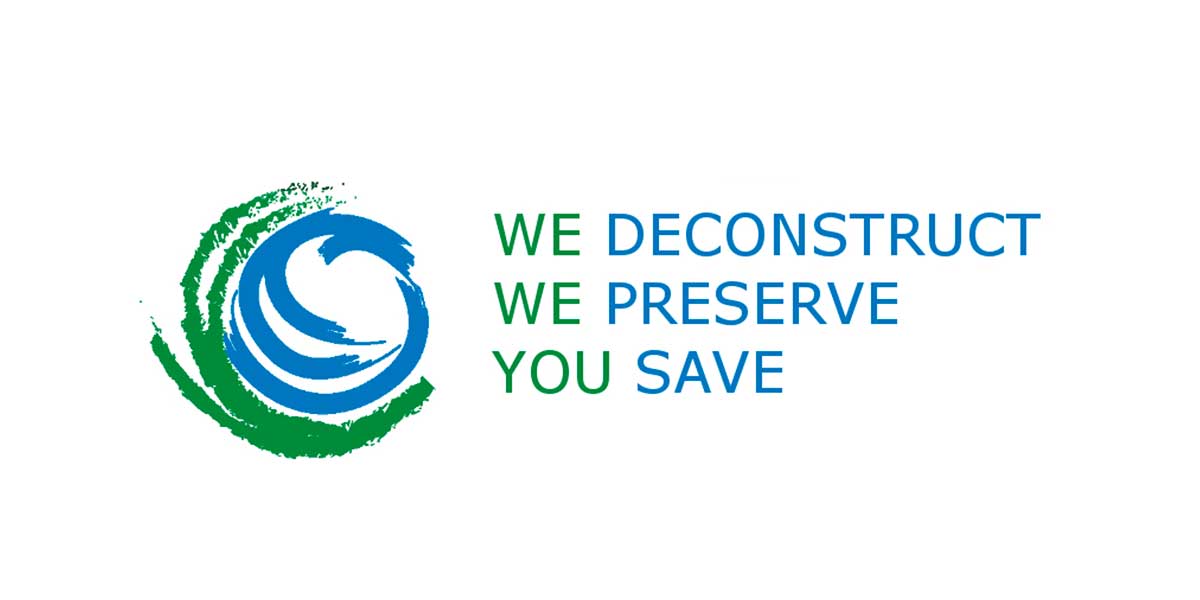The deconstruction and charitable contribution donation industry is made up of many different moving parts. It is a symbiotic relationship between architects, property owners, contractors, deconstruction management companies, and charitable and for-profit organizations. All must come together when businesses and individuals reach out to us for services. While we at The Green Mission, Inc. (TGMI) work tirelessly with other sectors in the industry to shore up the processes of deconstruction management and IRS charitable donations, we are faced with the question of how to promote ethical operations for all parts involved in the process of deconstruction and donation while we wait for industry standards to become regulated?
So what do we do in the interim while we push for effective changes to regulate our industry and ensure the “carrot” of charitable tax deductions are not misused? The idea of “policing” each other may not sound optimal; however, at this point in the process, it may serve to ensure each sector is upholding ethical standards, doing what they are supposed to do and doing it right. Simple checks and balances to protect the consumer. And with our desire to improve the integrity of this industry, we continue to contribute to its growth and stability and promote the benefits to our communities and the environment.
While we wait for checks and balances to be put in place as well as avenues to report fraudulent activities with enforced consequences, the deconstruction and donation industry can self monitor business practices. Appraisers, for example, can ensure non-profits are providing all required documents by requesting the contemporaneous letter and inventory list be included in the appraisal. Non-profits can check after appraisers by requesting appraisal documentation from the client and ensuring only items listed in the inventory are included. Non-profits also can review appraisal valuations with the knowledge they have in the resale of materials and property to ensure prices are not inflated. And deconstruction companies can review the inventory to ensure nothing is included that will not be delivered to the non-profit.
Another avenue to be pursued is the quality of the appraisal certification process. Currently there are no systematic state or federal guidelines for appraiser education. One of our goals at TGMI is to work closely with regulatory parties to raise appraiser standards, aligning more closely with those required for other highly-regulated industries, including rigorous examinations, specific industry-related college course requirements, and continuing education standards. Embracing regulation of certification requirements can reduce the propensity for abuse in the industry, making tax reporting fair and accurate with regard to donation pricing.
TGMI prides itself on thorough and ethical consultations prior to contracting commercial or residential projects. Appraisals are provided to our clients that reflect fair-market values in line with all IRS charitable contribution tax deduction codifications, USPAP standards, and relevant case law. The integrity of the growing deconstruction and donation industry is important to us as we seek to navigate the growing pains of an industry looking to make the world a better place for the next generation to come.


